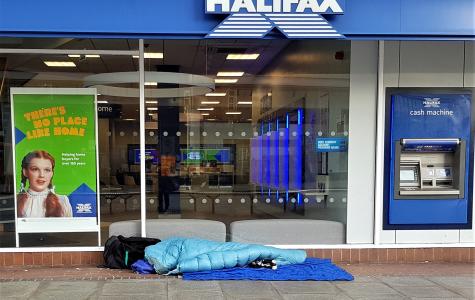"Imagine a world in which your identity rested solely on the type of home you lived in. A world in which people were defined as bedsitters, flat-sharers or one-up-one-downers, instead of a combination of complex intertwining factors”.
SWCC held our annual Awayday this month, where our staff, volunteers and trustees gathered together and heard the Police and Crime Commissioner Alison Hernandez speak powerfully about identity. She described how she had faced various expectations because of her surname. From “How can someone called Hernandez represent the people of Devon?” to “I thought you’d be more exotic-looking”, she explained how these presumptions and prejudices affect her.
Rowland Clear, one of our Community Chaplains, also spoke about the power of names; in replying to emails, many people call him Roland, missing out the ‘w’, even though they must have read his name in his writing to them, and despite few people misspelling ‘Rowland’ as a surname. He reflected on this – is it important, what people call us, or what they notice about us?
Language is a powerful thing. Society often judges people who do not have secure housing as being to blame themselves for this. A 2017 report by the homeless charity Crisis found many people “see homeless people as victims or outsiders who become homeless through poor choices or bad luck.”
This is sometimes a part of the story, but it is never all of the story. For those we support, often leaving prison with no home to go to, it is just one aspect of the challenges they are facing. Being described as ‘homeless’ often becomes their defining characteristic when they, like all of us, are complex, unique, layered individuals. Through mentoring, we try to see the whole person, and work together to address all the issues facing someone, without labelling or judging them.
For further reading, see this article from the Independent: Why we need to stop using the word ‘homeless’.
